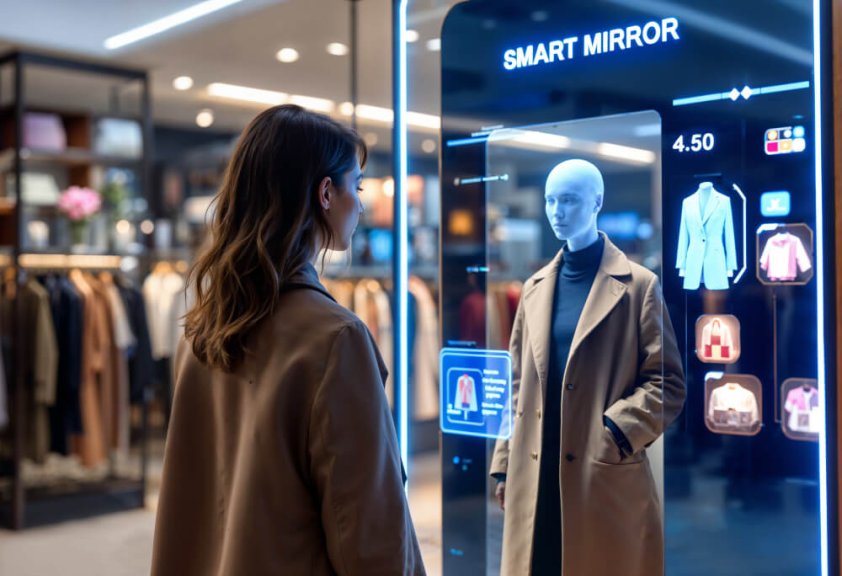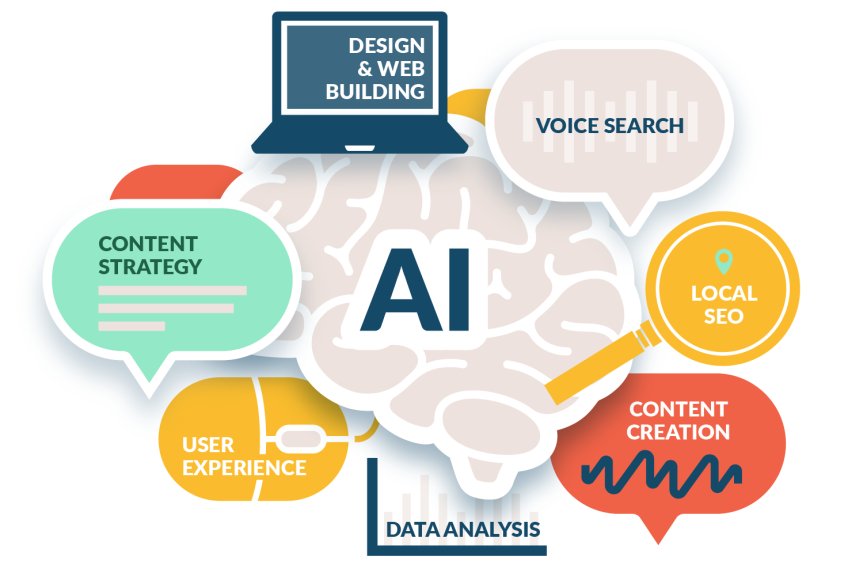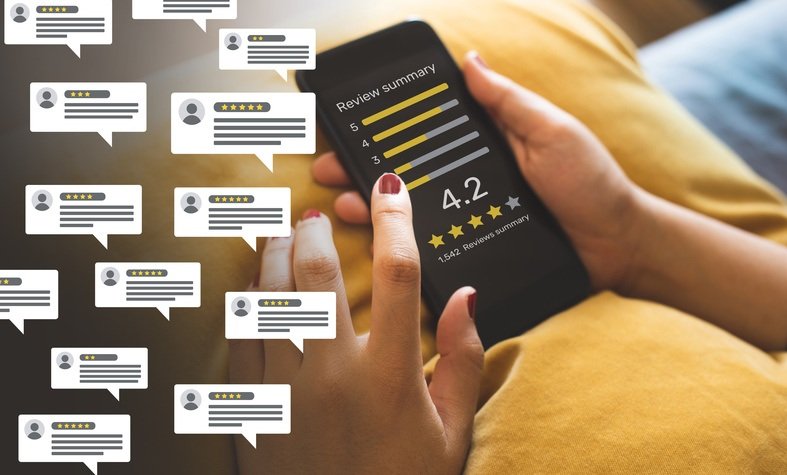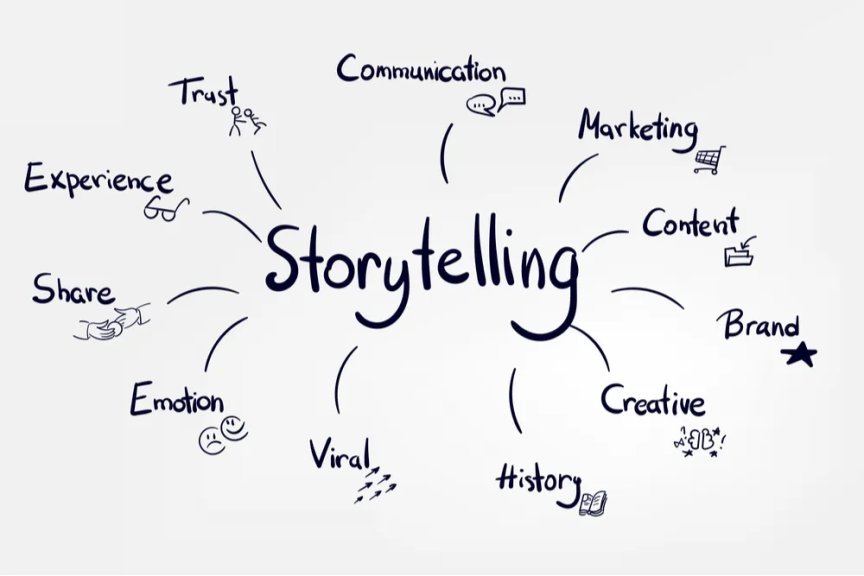
The Rise of Conversational Commerce: Thriving in the ChatGPT Marketing Era
Hey there! So, you know how the world of digital marketing is changing big time? Yeah, with all these fancy AI tools popping up like ChatGPT, folks aren't just relying on search engines anymore to find cool brands—they're chatting it up with virtual assistants for recommendations, eh?
So, the old-school SEO stuff, like obsessing over clicks and keywords, isn't cutting it anymore. Nowadays, what really matters is getting your brand mentioned, having a solid rep on other websites, and building trust across different platforms, right?
This article dives into how marketers need to shift gears by tailoring their strategies for AI-generated responses, getting into brand storytelling, using new tools, and getting ready for the rise of conversational commerce. Exciting stuff, eh?

The Shift in Digital Marketing: From Clicks to Mentions
For years, digital marketing revolved around one core goal - getting the click. Marketers optimized websites and ads to attract traffic through search engines, focusing on metrics like click-through rate (CTR), keyword rankings, and bounce rate.
Success was measured by how many users landed on a page after seeing a link in Google search results. This model worked well when users relied on traditional search engines as the primary way to discover information and make purchase decisions.
However, the landscape is shifting rapidly with the rise of large language models (LLMs) like ChatGPT. Instead of scanning through pages of search results, users are now engaging in conversations with AI to find answers, explore products, and make recommendations.
This conversational interface doesn't prioritize links or ads - it prioritizes mentions, references, and sentiment drawn from a wide range of online sources. In this new paradigm, being mentioned - and positively represented - within the training data and live browsing capabilities of AI becomes more valuable than simply ranking on page one of Google.

How ChatGPT Is Changing Consumer Behavior
The way consumers search for and discover products is evolving, and ChatGPT is at the forefront of this change. Instead of relying solely on search engines, more users are beginning to ask AI tools for personalized recommendations.
This shift is subtle but significant - when a user asks ChatGPT for “the best wireless earbuds under $100,” the AI doesn’t display a list of ads or search results. Instead, it provides curated suggestions based on existing online content, reviews, and consensus from multiple sources. This behavior positions ChatGPT not just as a trusted shopping assistant.
Recent data confirms this trend. Between late October and mid-January, Amazon.com emerged as the most referred domain from ChatGPT, accounting for over 9% of all outbound traffic via the tool’s search functionality.
Although e-commerce domains are currently behind news and academic sites in terms of volume, the shift is underway. As AI-generated recommendations gain credibility, marketers must acknowledge this new path to purchase. The funnel is no longer linear—it begins with a conversation, and brands must ensure they are included in that dialogue.

Why Traditional SEO Is No Longer Enough
Search engine optimization (SEO) has long been the foundation of digital visibility. By optimizing page speed, keyword density, mobile responsiveness, and backlink profiles, brands could position themselves favorably in Google's algorithm.
While these factors still matter, they are no longer sufficient in a world where AI models like ChatGPT summarize information rather than serve up search result links. The new gatekeepers of visibility aren't just ranking pages—they're aggregating trusted mentions and presenting summarized insights.
This means that a perfectly optimized website alone won’t guarantee visibility in AI-generated answers. ChatGPT doesn't just scrape structured metadata; it pulls from long-form content, reviews, blog posts, forums like Reddit, and social signals.
If your brand is invisible or poorly represented in these areas, you may be entirely left out of the conversation—even if your site ranks well on Google. The future of SEO demands a broader content footprint, including off-site content, strong reputation signals, and consistency across channels.

Coming out on top: The New Metric for Brand Visibility
In this world of big language models, the new arena for digital marketing isn’t just about being discovered—it’s about getting talked about. When users engage with tools like ChatGPT, they often seek tailored responses, not just links.
This completely changes the game. If your brand isn’t being talked about in reputable content all over the internet, chances are you won’t be featured in the AI’s reply. Visibility now depends on more than just search rankings—it’s about who’s being discussed, and in what context.
Coming out on top means establishing a presence in third-party content: blog posts, product reviews, Reddit threads, podcast transcripts, and even YouTube video recaps.
It’s a more decentralized approach to SEO, where reputation, relevance, and repeated mentions carry more weight than traditional backlinks. Savvy brands are actively collaborating with content creators, influencers, and AI-savvy agencies to ensure they’re integrated into the narrative—because if you’re not shaping your brand story, big language models might fill in the gaps with something less accurate.

The Rise of Brand Storytelling and Off-Site Credibility
As AI models draw conclusions from scattered content across the internet, brand storytelling has become more than a marketing trend—it’s now a technical necessity.
Telling your brand’s story through consistent, value-driven content helps LLMs like ChatGPT better understand what your company stands for, what it offers, and who it's for. Articles, blog posts, case studies, and customer reviews are no longer just trust signals for human readers—they're training signals for AI.
Off-site credibility is equally important. AI systems increasingly rely on forums, Q&A sites, social media, and independent blogs to gauge consensus.
A glowing review on a third-party blog or a discussion thread on Reddit may carry more weight than a polished landing page. That’s why brands need to ensure their message is being echoed by others outside their controlled environment.
Encouraging customers to leave reviews, working with influencers, and seeding helpful content in relevant online communities are all critical to maintaining accuracy and trust in AI-generated summaries.

Tools and Techniques to Optimize for AI Mentions
As brands compete for visibility in AI-generated conversations, understanding how you’re being perceived across the web is critical. This is where AI perception tools like Gumshoe, Brandwatch, Talkwalker, and others come into play.
These platforms simulate thousands of queries or monitor how your brand is discussed in public forums, blogs, and social platforms. They help marketers identify patterns, gaps, and even misinformation that could influence how LLMs present their brand.
In addition to tools, brands should implement tactical actions to increase AI visibility. These include publishing content in a conversational tone, contributing to high-authority platforms, and actively encouraging customer reviews and community mentions.
It’s also valuable to map your brand’s digital footprint across channels to ensure consistency and authority. By tracking and enhancing how your brand is referenced in third-party content, you position yourself to be selected—not just searched—for in the AI future.
To help you get started, here's a comparison table of leading tools designed to monitor, simulate, and optimize your brand’s presence in AI-driven environments:
| Tool | Key Features | Ideal For | Pricing Tier |
|---|---|---|---|
| Gumshoe AI | Simulates LLM queries, identifies perception gaps, AI optimization insights | LLM optimization and AI monitoring | Premium |
| Brandwatch | Real-time brand monitoring, sentiment analysis, influencer tracking | Enterprise-level brand intelligence | Mid to High-End |
| Talkwalker | Visual listening, social trends, AI-powered analytics | Global marketing and PR teams | Mid to High-End |
| Mention | Social media and web listening, alerts for brand mentions | SMEs and agencies | Affordable |
| YouScan | Visual recognition, social media monitoring, customer insight extraction | Visual brands and product companies | Moderate |
| Google Alerts + Manual Review | Basic web monitoring and email notifications | Budget-conscious monitoring | Free |

Getting Ready for the Future: What Bright Marketers Are Up To Now
While the ongoing shift towards AI-supported shopping and discovery is still in its early days, sharp marketers see the writing on the wall. Despite reports from companies like Hawke Media that organic traffic hasn't seen a significant decrease, they're taking proactive steps to stay on top.
This involves forging alliances with AI-focused marketing platforms, evaluating their brand's representation in external content, and crafting conversational content that appeals to both people and AI systems.
Getting a head start gives a competitive edge. Brands that wait for traffic to dwindle before making changes may struggle to keep pace.
Ahead-of-the-curve marketers are already broadening their content strategies beyond their own sites—working on getting mentioned in Reddit discussions, specialized blogs, podcasts, and customer review sites.
They view each of these as a potential training cue for LLMs, making sure that when AI is asked about their field or product type, their brand is naturally brought up—authoritatively and convincingly.

Your Brand in the Age of Conversational Commerce
The era of conversational commerce is no longer a futuristic concept—it’s unfolding right now. Large language models like ChatGPT are changing how consumers search, shop, and engage with brands.
Instead of combing through search results, people are seeking curated answers and product suggestions from AI tools that aggregate data across the internet. For marketers, this presents a challenge—but also an incredible opportunity. Those who adapt early can position their brand to not just survive the shift, but thrive in it.
The takeaway is clear: if your brand isn’t mentioned, it doesn’t exist in the AI’s world. Now is the time to build your off-site reputation, craft content that tells your brand’s story, and use tools to track and optimize how you're represented online. In this new digital ecosystem, visibility comes from credibility, relevance, and presence—not just from paid ads or Google rankings.
Think of every piece of content, every review, every conversation as a potential "prompt" feeding into an AI model. Shape those inputs now to influence the outputs later.
Key Takeaways Recap
- Digital marketing is shifting from click-throughs to brand mentions, especially in LLM-generated answers.
- Consumers are beginning to shop via ChatGPT, making conversational commerce a rising trend.
- Traditional SEO needs to evolve—brands must focus on content credibility and off-site visibility.
- Mentions in forums, blogs, and reviews are the new currency of AI-driven brand discovery.
- Brand storytelling and reputation management are now essential for accurate AI representation.
- Marketers should leverage AI perception tools (like Gumshoe or Brandwatch) to monitor and optimize mentions.
- Proactive brands are already adapting, even before traffic shifts become drastic.
- Success in AI-driven marketing will come from shaping how AI models perceive and talk about your brand.